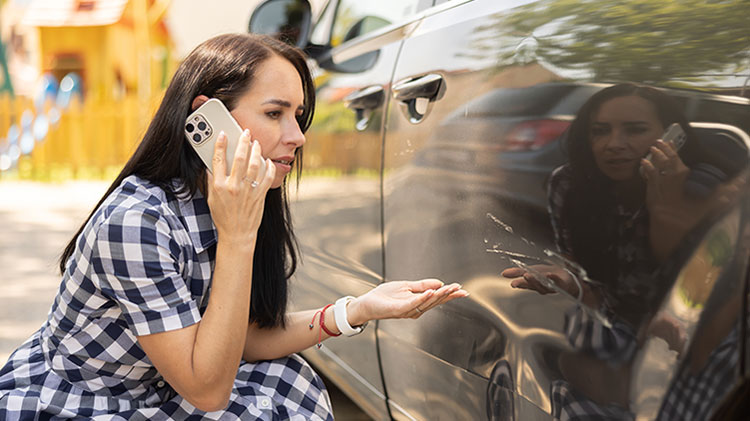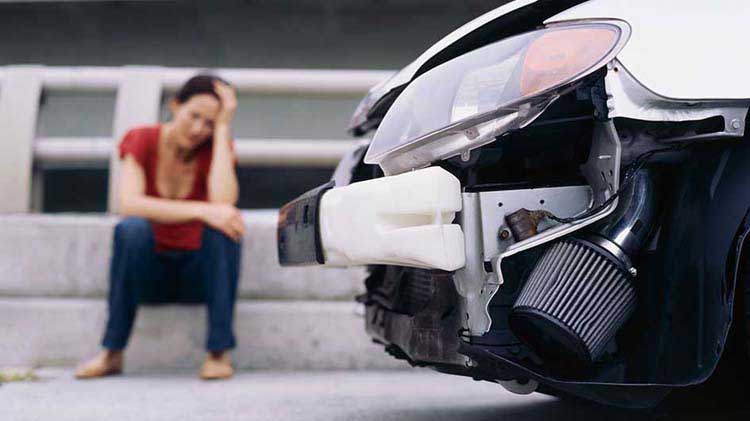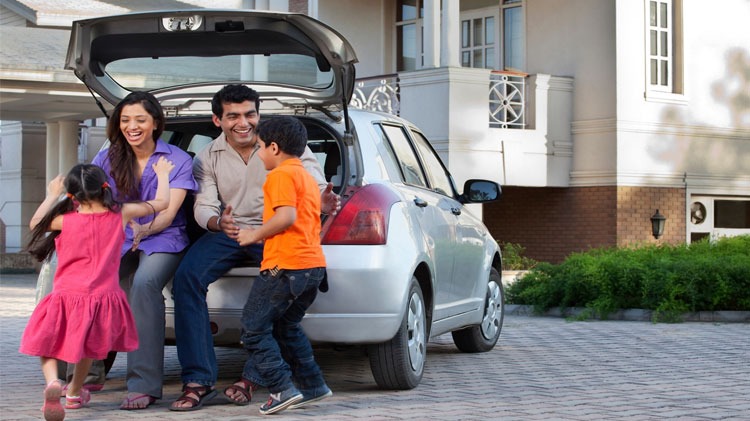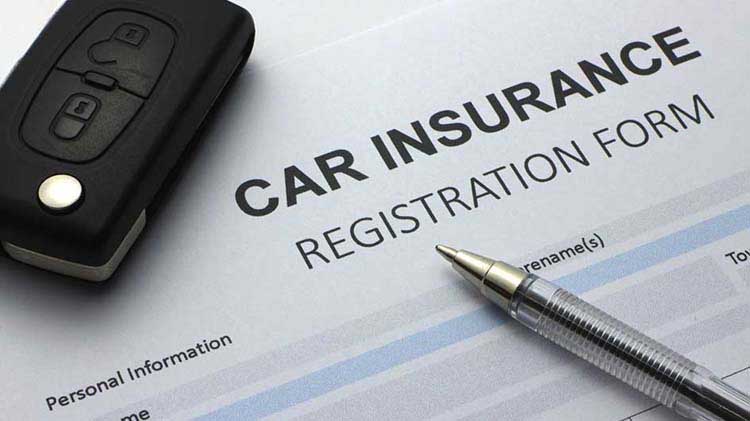Choose your car insurance deductibles and coverages well
Learn what an auto insurance deductible is and how it affects your car insurance coverage.
We need car insurance to fit into our budget. But beyond that, many of us still ask ourselves, "What auto insurance should I get?" The key is knowing what deductibles and coverages are and how they affect auto insurance so that you can personalize your coverage to fit your needs and budget.
What is a deductible in car insurance?
Put simply, a deductible is the amount that you agree to pay up front for a covered insurance claim. Then the insurance company, in most cases, covers the additional amount to repair or replace your vehicle up to your coverage limit.
For example, if you file an insurance claim for $2,000 and your policy has a $500 deductible, you will be responsible for the $500 before the remaining $1,500 is paid by your insurer.
How do car insurance deductibles work?
When purchasing your car insurance policy, you get to select a deductible. The deductible usually applies each time you file a claim. According to WalletHub, the most common deductible is $500. When choosing your car insurance deductible, think about how much you're willing to pay out of pocket if you need to make a claim. Weigh that against the fact that higher deductibles generally mean lower premiums, but higher out of pocket costs. And lower deductibles generally translate to higher premiums. It really comes down to your financial situation and what makes you the most comfortable. You can ask your insurance agent to run quotes with different deductibles so that you can compare and make the best choice for you.
Auto insurance policies generally consist of several kinds of coverages. Because insurance laws vary from state to state, the following information is here to give you a broad overview of typical coverages, and it isn't a statement of contract.
Get an auto insurance quote
Want to protect your car?
Auto liability
Auto liability insurance coverage, with limits selected by the insured, pays for the damage if you're legally responsible for injuring someone, or for damaging another vehicle (or other property) in an auto crash. A liability deductible is not required.
Auto liability coverage falls into two categories:
- Bodily injury liability: medical expenses, pain and suffering, lost wages and other special damages
- Property damage liability: damaged property and may include loss of use
Liability coverage also pays legal defense and court costs. State laws usually dictate the minimum amounts of insurance required, but higher amounts are available.
Personal injury protection (PIP)
This coverage is only available in certain states. It pays your (or another covered driver's) reasonable and necessary medical expenses for treatment caused by an auto crash. It may also pay for:
- Rehabilitation
- Lost earnings
- Replacement of services (e.g., child care if a parent is disabled)
- Funeral expenses
The coverage and deductibles can vary by state and specific policy.
Medical payments
This coverage is available in many states. It pays for necessary medical and funeral expenses for those covered when the expenses are caused by an auto crash. Medical payments coverage varies by state and specific policy. Medical payments coverage does not require a deductible.
Collision
Collision coverage helps pay for loss or damage from a crash to a covered vehicle caused by the following and usually requires a deductible:
- Collision with another vehicle
- Collision with an object
Comprehensive
This coverage helps pay for loss of or damage to an insured, covered vehicle that is not caused by a collision or vehicle rollover. Examples of this type of damage or loss include:
- Fire
- Wind
- Hail
- Flood
- Vandalism
- Theft
- Hitting an animal
Comprehensive coverage on your auto insurance usually requires a deductible but certain policies may have no deductible.
Uninsured motorist
This coverage pays for damages if you or another covered person is injured in an auto crash or struck as a pedestrian caused by a driver who does not have liability insurance. In some states, it may also pay for property damage. The coverage varies by state and depends upon policy provisions. This coverage does not typically require a deductible. Uninsured motorist coverage is subject to a policy limit chosen by the insured.
Underinsured motorist
This coverage pays for damages if you or another covered person is injured in an auto crash or struck as a pedestrian caused by another driver who is considered to be underinsured as defined by the policy. It varies by state and depends upon policy provisions. Underinsured motorist coverage is subject to a policy limits chosen by the insured.
Rental reimbursement
This coverage pays for rental expenses if your car is disabled due to a covered loss. Daily allowances are based on the coverage you select.
Emergency road service
Roadside assistance coverage pays for roadside assistance such as having your auto towed due to a breakdown or getting back into your locked car.
Rideshare driver coverage
This coverage extends your existing coverage from your personal auto policy to help cover you when you use your personal vehicle to drive for a rideshare company such as Lyft or Uber. Coverage varies by state and some state-specific requirements may apply.
How much car insurance do I need?
Unfortunately, there's no black and white answer to how much car insurance you need. It depends a lot on what coverages you need and the amount of deductible or policy limits you feel comfortable with. The State Farm® Personal Price Plan® helps you create an affordable price (just for you) or you may contact a State Farm agent today to find out what's right for you.1




